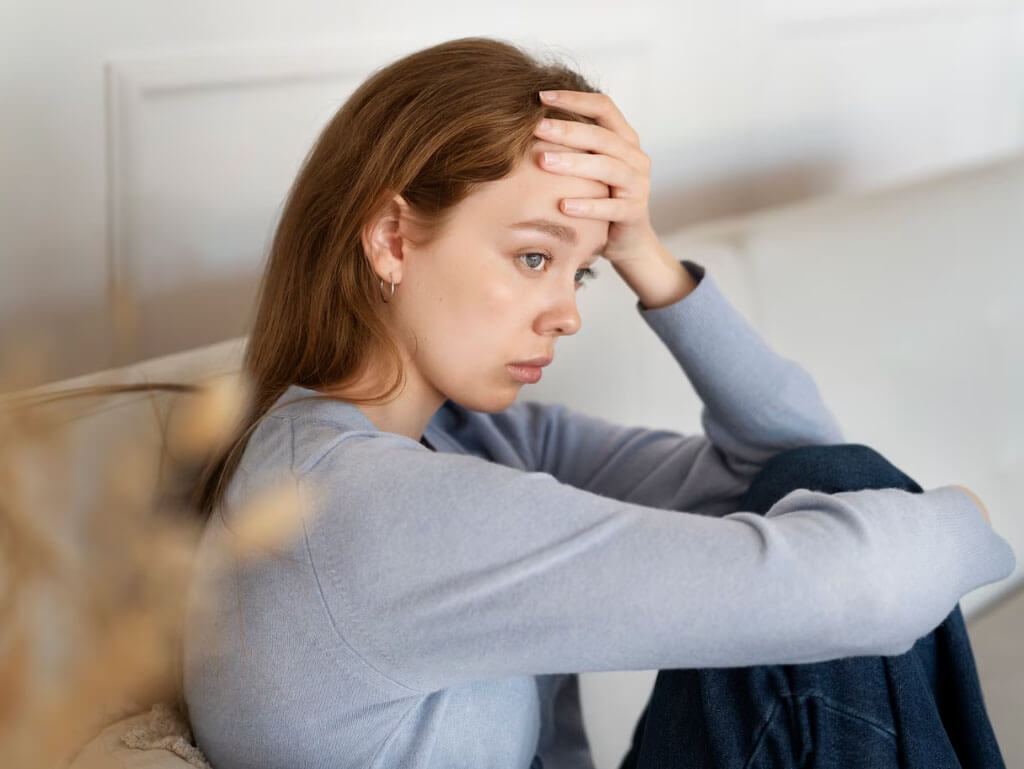Compulsive Decluttering is the Opposite of Hoarding

If your home is packed to the gills with junk that you just can’t part with, you probably have a hoarding problem. In fact, hoarding syndrome is an actual psychological category that people seek help for. There are multiple signs and symptoms, the most common being an excess buildup of worthless stuff in your living area.
Menu
Is Compulsive Decluttering the Opposite of Hoarding?
But what about the opposite problem: compulsive decluttering? You rarely hear about it, and there are several reasons for that. First, people who get rid of too many of their personal belongings aren’t as easy to spot. Second, the medical field does not have a separate name for this disorder. Instead, you might have heard psychologists speak about “obsessive-compulsive disorder,” which is the general category under which “excessive decluttering” fits. It’s also called obsessive-compulsive spartanism because of the “spartan-like,” or sparse way that sufferers live, often in minimally furnished rooms and homes that are very clean but also nearly empty. In many ways, compulsive decluttering is the opposite of hoarding.

In short, people who suffer from a mental obsession about a past, painful event in their lives often exhibit repetitive physical behaviors, called compulsions. If you are unable to let go of some past trauma or terrible event, medical professionals say that you suffer from an obsession. It’s basically the inability to get your mind off the event.
For some reason, many people with obsessions find temporary relief by performing repetitive physical actions, like washing their hands or scratching their skin until its raw. Sadly, many who suffer from “compulsive decluttering” fit into this category and should seek psychological assistance as soon as possible.
Sometimes called “compulsive decluttering,” most psychologists treat the behavior as part of a larger pattern of obsessive-compulsive disorder. But even though medical science doesn’t have a specific category called “compulsive decluttering,” the condition is very real and can cause all sorts of problems for sufferers.

11+ Years Experience dealing with Hoarding
Need someone to talk to that understands hoarding?
Call us today for immediate assistance
Signs of the Problem

As is the case with any psychological disorder, there are clear signs and symptoms of compulsive decluttering, including some or all of the following:
- Getting rid of entire groups of similar items like music CDs, clothing, jewelry, or food because you think it is somehow “wrong” or inappropriate for your current lifestyle. A common form of this behavior is giving away large amounts of perfectly good clothing and then having to buy new clothes to replace the “out of date,” or “contaminated” ones.
- Feeling guilty that you own “too much” and the related idea that others consider you to be a greedy, selfish person because you have so much, even when you actually live a rather modest life and reside in a modest home.
- A feeling that your life would be ideal if only you could get rid of more of your belongings. A similar feeling is that you would be “perfect” if you gave away everything and started fresh.
- Constant or very frequent visions of horribly cluttered rooms that seem to appear in your mind without warning.
- A rush of good feelings and relief when you think about throwing something away, even if it’s a very small thing.
- Throwing or giving away an item whenever you feel down, anxious, or uncomfortable. Seeing the solution to every problem as “getting rid of more things because things are the source of most of my problems.”
- Financial problems resulting from “re-buying” similar items like books or appliances that you repeatedly throw away in order to “declutter” your life.
- Feeling excessive fear or outright guilt when you realize how many things you own.
- Comments from friends and relatives about the amount of stuff you throw away. Related to this symptom is a feeling of pride at how many things your give or throw away.
- Experiencing high levels of anxiety if someone returns something you lent or gave them.
- Suffer hardship because you give away valuable items and then can’t afford to purchase replacements for them, like kitchen appliances, essential clothing, household goods, and food.
- Currently have another form of OCD, obsessive-compulsive disorder.
- Feeling a sense of regret as soon as you throw something away. Often, do you then go out and repurchase the exact same item to replace the one you threw or gave away?
- Spending lots of time making “inventories” of all the things you own, combing through old boxes of stored items, numbering things, making lists of everything you own. Having a feeling that if you could label and number all your belongings, then you would be on the road to throwing it all away because you’d at least have a “written record” of it.
What Should Sufferers Do?
If you or someone you know is likely suffering from this painful, potentially dangerous condition, it’s best to seek professional help immediately. Most larger cities have social service hotlines you can call to find out about local assistance programs, low-cost counseling, and support groups. The main thing to keep in mind is that, like so many other medical conditions, it’s important to get help sooner rather than later.

If left to continue, the disorder can get worse and cause increased heartache and expense for the person who has the condition. Be frank with family members and loved ones you think might be victims of obsessive decluttering syndrome. The best thing you can do is get the person to a professional counselor as quickly as possible.

11+ Years Experience dealing with Hoarding
Need someone to talk to that understands hoarding?
Call us today for immediate assistance
 720-982-7856
720-982-7856



